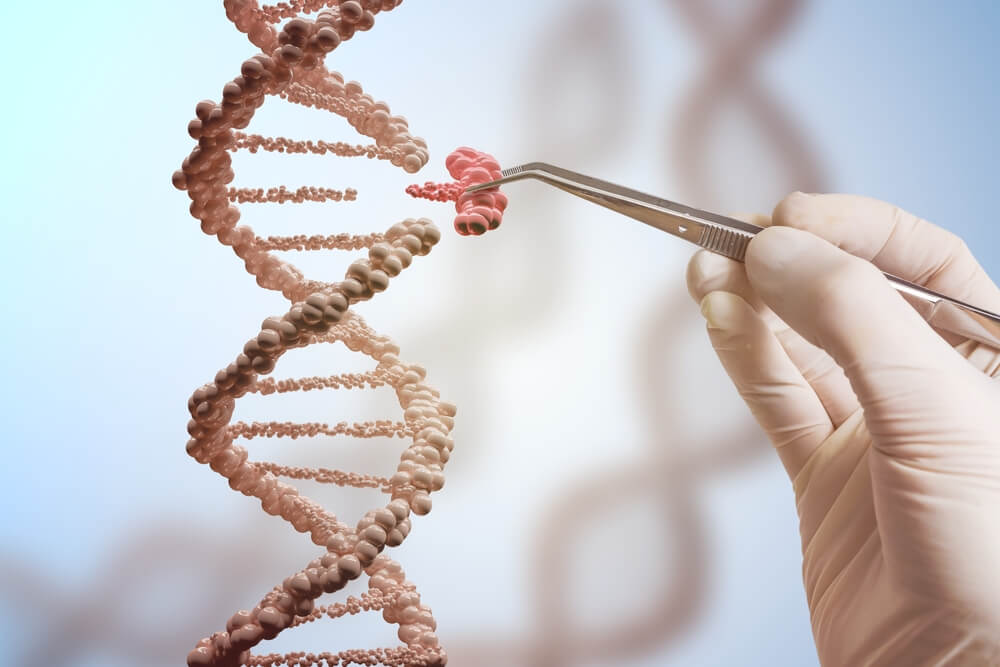Genetic engineering, also known as genetic modification or gene editing, involves altering the DNA of an organism using biotechnology techniques. The process has been used for decades in various fields, including agriculture and medicine, to improve crop yields and treat diseases. However, recent advancements in genetic engineering, such as CRISPR, have made it possible to edit the genes of an organism with greater precision and accuracy, leading to new possibilities and concerns.
One of the most significant concerns surrounding genetic engineering is the ethical implications. The ability to alter an organism’s genetic makeup raises questions about what is morally acceptable. Some argue that genetic engineering is a violation of nature and that it can lead to unintended consequences. Others argue that it is our responsibility to use technology to improve the quality of life for humans and other living organisms.
Another concern is the potential impact on society and culture. Genetic engineering has the potential to change the way we view and interact with the natural world. For example, the ability to genetically engineer crops could lead to increased production and a decrease in world hunger. However, it could also lead to a decrease in biodiversity and the dominance of a few genetically modified crops. Similarly, the ability to genetically modify humans raises questions about what it means to be human and the role of genetics in shaping our identity.
The impact of genetic engineering on society and culture is not limited to the scientific community. It also has political and economic implications. Countries that are able to develop and use genetic engineering technology will have an advantage in various fields, such as agriculture and medicine. However, this could also lead to a widening gap between developed and developing countries, as those without access to the technology are left behind.
Furthermore, there are concerns about the potential misuse of genetic engineering technology. The ability to manipulate DNA could be used for nefarious purposes, such as creating biological weapons or enhancing human intelligence or physical capabilities. The potential misuse of genetic engineering technology raises questions about how it should be regulated and controlled.
In conclusion, genetic engineering is a powerful tool that has the potential to revolutionize various fields. However, it also raises significant ethical, social, and cultural concerns. As with any new technology, it is important to consider the potential benefits and risks and to develop regulations and guidelines that ensure its responsible use. Ultimately, the future of genetic engineering will depend on how we balance its potential benefits with its potential risks and address the social and cultural implications of this technology.


